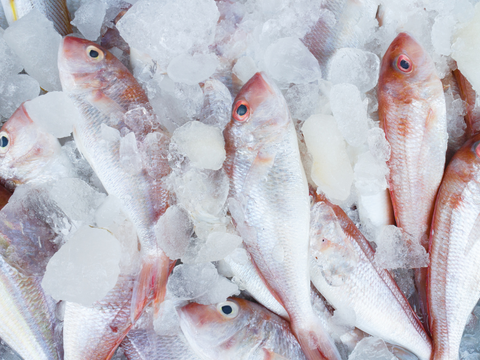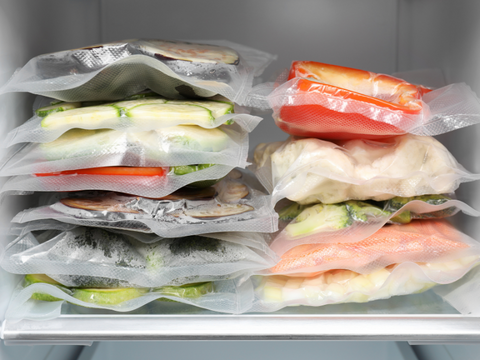If there's one thing we have in common, it's the need for food. In our fast-paced world, frozen meals have become a staple in many households. They offer convenience and variety, but one key factor that often leaves us guessing is their shelf life. Today, we’re demystifying frozen food shelf life and giving you a basic guide to frozen food storage.
Basic knowledge of frozen food storage
Before we delve into the details, it's important to understand that freezing food is a method of preservation that slows the growth of bacteria, yeast, and mold. However, it does not kill these microorganisms; Once the food thaws, they come alive again. Therefore, the way frozen food is handled, stored and defrosted can significantly affect its safety and quality.
Understand the shelf life of frozen food
Contrary to what many people believe, frozen foods do not last indefinitely. The shelf life of frozen foods varies depending on the type of food and storage conditions. Generally speaking, food stored continuously at or below 0°F will last indefinitely, but the quality may begin to deteriorate after a while.
Here are some general guidelines for common frozen foods:
- Meat and Poultry: Undercooked steaks, roasts and whole poultry can be stored in the refrigerator for up to 12 months. Ground meat and poultry, on the other hand, should be used within 3 to 4 months.
- Fish and Seafood: Fatty fish like salmon can be kept for 2 to 3 months, while lean fish like cod can be kept for up to 6 months. Shellfish and other seafood can be stored for 3 to 12 months, depending on the type.

- Fruit & Vegetables: If blanched and sealed correctly, frozen fruits and vegetables can maintain their quality for 8 to 12 months.
- Baked Goods: Most baked goods can be frozen for 2 to 3 months, while fruit tarts can be kept for up to 4 months.
- Leftovers: Cooked dishes such as soups, stews, and casseroles will keep for 2 to 3 months.
Remember, these are general guidelines only. Before using frozen foods, be sure to check for signs of freezer burn or any odors.
Tips for Proper Storage of Frozen Foods
To maximize the shelf life of frozen foods, here are some basic tips:
1. Keep your refrigerator at the right temperature: Your refrigerator should always be kept at 0°F (-18°C) or lower to prevent bacterial growth.
2. Pack food properly: Use airtight containers or freezer-safe bags to protect food from exposure to air that can cause freezer burn.

3. Label Your Food: Always label your food with the date it was frozen. This helps you keep track of how long they have been stored.
4. Rotate Inventory: Use a first-in, first-out system to ensure older items are used before newer items.
5. Avoid overloading your refrigerator: A full refrigerator may prevent proper air circulation, causing certain foods to not freeze properly.
Knowing the shelf life of frozen foods and following proper storage guidelines can help maintain food quality and prevent waste. Remember, when in doubt, it's always safer to throw it away. Happy freezing!
























